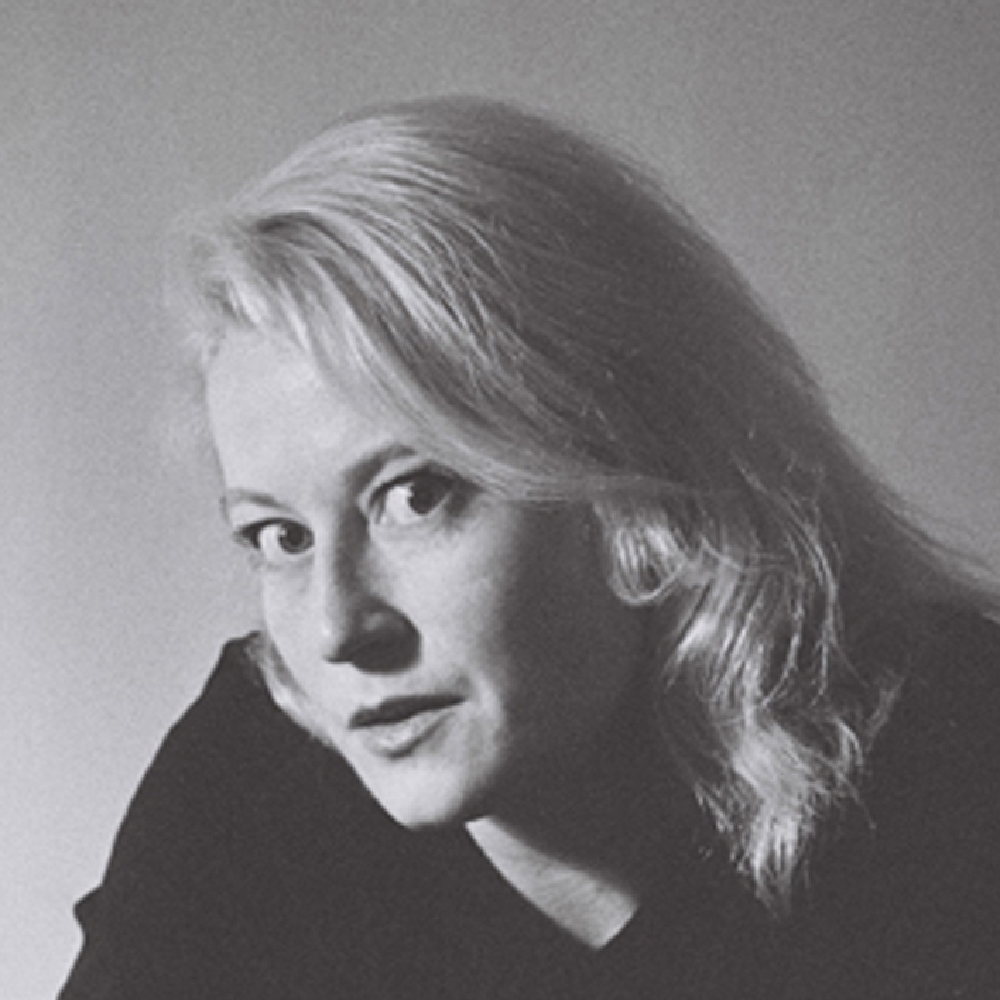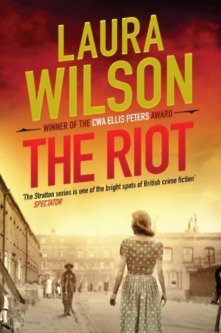
Laura Wilson

The Riot is set in 1958, and takes place during the Notting Hill Gate race riots of that year. DI Ted Stratton, just transferred from West End Central, finds his new manor – at this time home to the worst slums in London – dirt poor and rife with racial tension. The end of the war saw an influx of Caribbean immigrants, and now, a decade later, there is mounting hostility between working-class Teddy boys and their black neighbours.
Notorious slum landlord Danny Perlmann, a Polish refugee, is taking advantage of others’ reluctance to rent to the immigrants – or to the area’s many prostitutes – and is making a fortune from the high rents he charges. Caught in the middle of all this is Irene, a young runaway who is on the verge of going on the game.
When one of Perlmann’s rent collectors is murdered, Stratton is called to investigate. Notting Hill is a cauldron, soon to be the scene of the worst racial violence England has ever known, and Stratton is right at the heart of it.
Please tell us about the character of DI Stratton.
Detective Inspector Ted Stratton is a farmer’s son from Devon, but he’s spent his working life in the police force in London. The Riot is the fifth book in the DI Stratton series, which began with Stratton’s War, set in 1940, when he was thirty-five years old. I always planned to age him in ‘real time’ – in 1958, he is fifty-three – because I thought it would be fascinating to use him as a sort of viewing platform for all the enormous changes that took place in Britain between 1939 and the late 1960s.
In some ways, it’s easier to say what he isn’t than what he is. He’s not a drunk, a compulsive gambler or an adulterer (I’d got bored reading about those), nor a hero of lonely integrity walking the mean streets (ditto), or a salt-of-the-earth embodiment of law and order (there are, admittedly, far fewer of this type around, but they are, still, unworkably overshadowed by Dixon of Dock Green). Instead, he’s an ordinary man with a realistic background for someone who was born in 1905 and joined the police force. Lower middle-class and a father of two, he is an intelligent (although not particularly well educated), humorous man, cynical but humane, and, above all, pragmatic. He is well aware that police work, far from being a matter of Sherlockian deduction, usually comes down to trapping or coercing people into incriminating themselves and others, and, at a time when the police were less accountable than they are now, he is ambivalent about the grey area of legalised brutality. A burly ex-boxer with an imperfectly-mended nose, he’s pretty handy with his fists... Oh, he’s got an allotment, which is where he goes to mull things over – as well as providing his family with excellent vegetables.
You have won the Ellis Peters Award. How did it feel when you found out?
Astonished and delighted. I’d been shortlisted quite a few times before and not won, so I really wasn’t expecting anything. I practically choked on my drink when I heard my name being read out by the head of the judging panel.
Please can you tell us a bit about your role as the Guardian’s crime reviewer.
It’s a wonderful job. I still can’t quite get over the fact that it enables you to lounge about reading novels all morning and calling it work. To be honest, the most difficult thing about it is deciding which books to review each month, because so many come through the letterbox every week, including some truly excellent debut novels. On the whole, I think that people read book reviews in order to get recommendations about what they might read next (there are, of course, other reasons for reading reviews, but it’s probably not a good idea to go into them here). For this reason, I try to be as objective as possible and to accentuate the positive wherever I can – or at least try to balance a negative comment with praise for some other aspect of the book. Being both dog and lamp-post myself, as it were, I know how much work goes into writing a novel – even a bad one – so I’m always wary of dismissing any book in a couple of lines. I also try to review as many different sorts of crime novels as I can, so that there’s something in the column to suit everyone.
Who are your favourite authors in the genre?
Too numerous to list, but they include – for all sorts of different reasons – Patricia Highsmith, Ruth Rendell, Agatha Christie, Celia Fremlin, Francis Iles, Gerald Kersh, Patrick Hamilton, Horace McCoy, Graham Greene and William McIlvanney. You’ll notice that only two of the people on this list are still with us – this is because I think you can only consider an author to be a true favourite if he or she passes the ‘two decade’ test – that is, if you come back to a book after twenty years and like it as much as you did first time around)... Or perhaps I just take a long time to make up my mind about stuff.
Why is it so appealing to you as a writer?
I think it’s elemental – love and death are the two biggest and most important subjects, aren’t they? Except, as the late Quentin Crisp once remarked, ‘To fall in love with someone and marry them is nothing, but to murder them – that shows real commitment.’
What is next for you?
Something completely different – a novel set in present-day Norfolk, about the dark side of celebrity obsession and how the past comes back to haunt everyone, no matter how hard they try to evade it.

